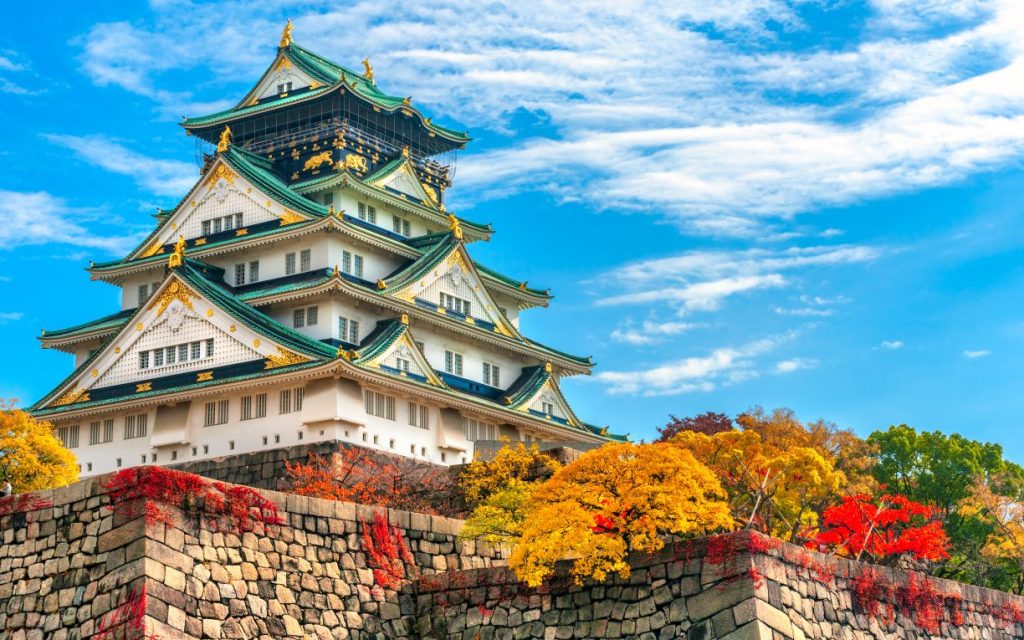Study In Japan
- Home
- Study In Japan
About Japan
Japan is an island in East Asia well known for its progress, growth, and innovation that provides a wide variety of opportunities to professionals and international students. Japan is the nation of the rising sun which in reality provides many opportunities to the national and international students. Japan is already a popular and alluring destination for studying abroad. The nation is multifaceted in nature that is rich in its tradition, culture, and festivals along with this the nation is composed of a technologically advanced and highly modern society. The main pulling attraction is their culture such as Confucianism, Shinto, Buddhism, sumo, and samurai on the one hand, and Hayao Miyazaki, Sony, vending machines, touchscreen restaurant menus, avant-garde fashion, and anime on the other. Why study in japan provides many answers to this question through its offer and services for international students. The nation has high digital and technical knowledge, has rich human minds, and excellent intuition that offers endless possibilities in so many areas for students studying.
Japan flaunts as the 2nd largest economically developed nation in the world. The nation is popular for producing things more modest, quicker, and first. It is financially strong because of the solid innovative industry and strong research that underlies popular multinational brands, for example, Nissan, Toyota, Panasonic, Canon, and Sony – and they make it possible by creating robotics for any use.


Why Study in Japan?
Study in Japan is a horizon to boost your future and broaden your knowledge. The offer of their advanced lifestyle, high-quality education system, and low accommodation costing is the magnet for studying students to choose Japan for overseas education.
Japan has the most top 10 ranked colleges or universities in the world, they have a worldwide value for their innovation and technical excellence.
The nation is 2nd largest economically developed, largest electronic good manufacturer, and 3rd largest automobile manufacturing nation. A list can be maintained with numerous reason for choosing Japan as a study destination
- Considered as the Second largest developed nation in the universe.
- Great culture experience and lifestyle.
- High education level, appraised as the Best country to study abroad.
- High technical knowledge.
- Low tuition fees and offers a scholarship for Indian students.
- Education is highly reputed and accepted around the world.
Obviously, a brilliant advanced education framework lies behind this development. Japan is home to many international students. Education in Japan for foreign students is a lot less expensive than in America or Europe. In Japan, around 70% of foreign students are granted for education scholarship each year.
Hence these are the Nations’ key factors of getting high positive reviews for pick- up as overseas education.

LOCATION AND GEOGRAPHY
Japan is situated in northeastern Asia between the North Pacific Ocean and the Sea of Japan. In terms of size (377,835 square kilometres), Japan is nearly equivalent to Germany and Switzerland combined, or slightly smaller than the U.S. state of California. Japan consists of four major islands, surrounded by more than 4,000 smaller islands. The country’s topographical features include coastlines with varied scenery, towering, often volcanic mountains, forests, and valleys. The capital city is Tokyo.
CLIMATE
The combination of Japan’s mountainous territory and the length of the archipelago results in a complex climate. Most of the country is located in the northern temperate zone, which yields four distinct seasons. In addition, there are significant climatic differences between Hokkaido in the north, which has short summers and lengthy winters with heavy snowfalls, and the southern islands, such as Okinawa in the south, which enjoy a subtropical climate. Japan’s topographical features include coastlines with varied scenery, towering often volcanic mountains, and twisted valleys that invite visitors into the mysterious world of nature.


ECONOMY
In the years following World War II, government-industry cooperation, a strong work ethic, mastery of high technology, and a comparatively small defense allocation (1% of GDP) helped Japan develop a technologically advanced economy.
Today, measured on a purchasing power parity basis, Japan is the third-largest economy in the world after the U.S. and China. Only the U.S. has a higher GNP. It is the Asian leader in banking, retailing, telecommunications, stock exchange, and transportation. Main exports are cars, electronic devices, and computers, and main trading partners include China and the U.S., followed by South Korea, Taiwan, Hong Kong, Singapore, Thailand, and Germany. Japan ranked 12th of 178 countries in the World Bank’s Ease of Doing Business Index 2008. The currency is the Yen.






